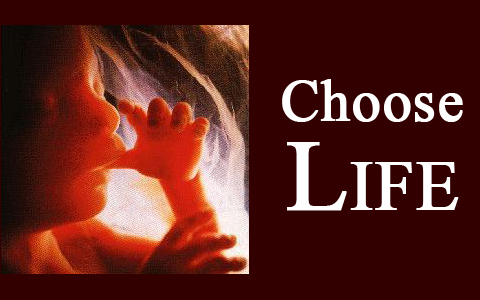Not too long ago I spoke with yet another Protestant minister who is about to leave his ministry and join the Catholic Church. He said he ended up in this situation because he had a seminary professor who kept challenging his students to, “Think it through.”
He tried to think through his opposition to Catholicism because he had a parishioner who was asking troublesome questions in his own journey to the Catholic Church, and as the pastor tried to think things through he ended up becoming a Catholic himself.
The key issue, he said, was the authority of the Catholic Church — and therefore the infallibility of the Pope.
When confronted with the Catholic belief in papal infallibility most non-Catholics have no idea what it really means. They have a vague idea that Catholic think the Pope is some kind of oracle of God — that whatever he says is always completely right and he can never make a mistake about anything. They also confuse infallibility with human perfection. When we say the Pope is infallible they think we mean he is a perfect human being and has never done anything wrong.
The definition of papal infallibility has been discussed on my blog in various places (go here and here). Unfortunately, when the matter is discussed with Protestants, a Catholic soon comes up against the brick wall of anti-Catholic prejudice. The prejudice is understandable. Anti-Catholicism is part of the air the Protestant breathes. The basic assumption of the Protestant is that the Catholic Church simply can’t be right. That’s one of the ground rules.
Therefore, when a sensible and acceptable explanation of a Catholic doctrine is given, when Scriptural support is offered and evidence from the Fathers of the Church is presented, the apologist is still met with, “Yes, but I could never believe THAT!”
A good example of this irrational block is a discussion of transubstantiation. A Protestant who is ignorant of the teaching might think Catholics believe that the bread and wine are transformed physically into human flesh and blood. When the true explanation is given and Scriptural support is offered and a reasonable belief is given, the response is often simply to change the subject. Either that or the Protestant thinks the Catholic is being tricky and “Jesuitical” and offering a version of Catholic belief which is not really what Catholics believe. It’s hard to let go the misunderstanding conceived within an atmosphere of prejudice.
The same applies to the Catholic doctrine of papal infallibility. In this one however, the subject can be approached from a new angle. Instead of simply defending and defining papal infallibility, it is not a bad idea to ask the Protestant if he can find any example of the Catholic Church being in error.
This has to be framed carefully within the definition of papal infallibility. The infallibility of the pope is really the infallibility of Christ’s Church — the simple belief that in matters of faith and morals — where there is a formally defined teaching — the Church does not err. Therefore, within those restrictions ask the Protestant for an example where the church has erred. Can he find one?
Of course he may feel that the Catholic Church has erred in any number of doctrinal ways, but he must take the time to find out what the church really teaches about that doctrine — and not assume he knows what the Catholic Church teaches. Part of the challenge is that he has to take the time to do his homework and refer to Church documents — not just hearsay or misunderstandings of other non Catholics.
There is one other point to be made. One should ask the Protestant if there is any Christian doctrine that he believes is necessary to be held for a soul’s salvation. If there is even one such doctrine, then (whether he admits it or not) he believes in an infallible authority; that is, an authority that can be trusted to define a particular belief as mandatory dogma and to do so without error.
If he ascribes to even one such dogma, then we must ask what authority defined that dogma, where it came from and why he believes it to be without error. If he says that the authority for that belief is the Sacred Scripture he has only moved the goalpost for he must then answer why he believes Sacred Scripture to be infallible, and who defined the canon of Sacred Scripture and when, and who taught him that the belief in Scripture alone was itself an infallible doctrine.
If he can show who taught him that doctrine and why, then he is showing that he believes in an infallible authority. You can then go on and discuss which authority might be the one which is more likely to be infallible than others.
That’s when the real fun begins.
If you liked this article, please share it with your friends and family using both the Recommend and Social Media buttons below and via email. We value your comments and encourage you to leave your thoughts below. Thank you! – The Editors













